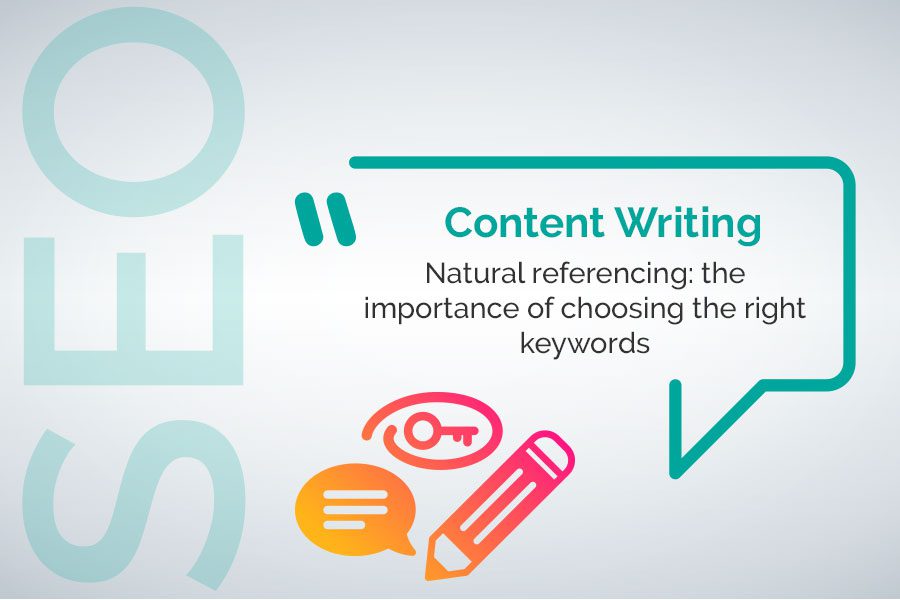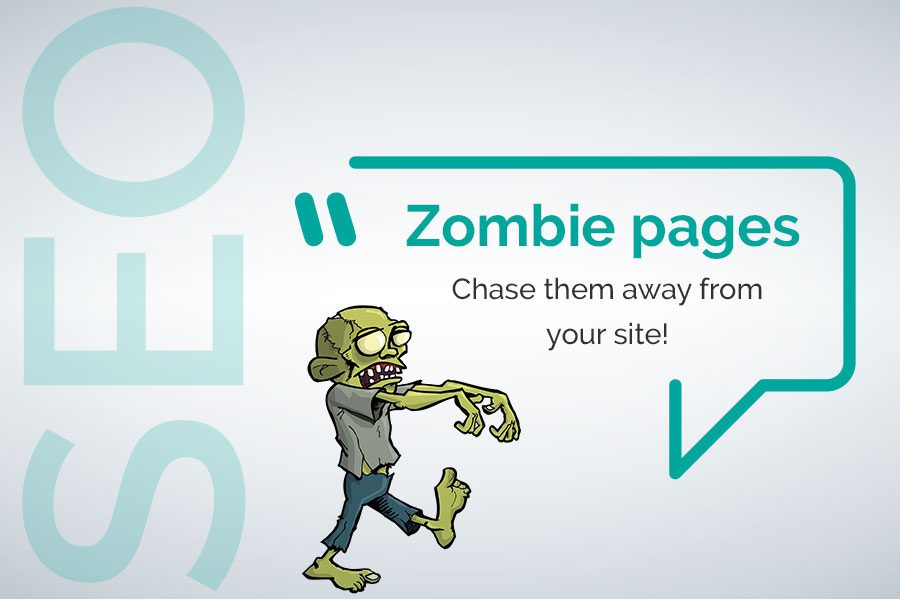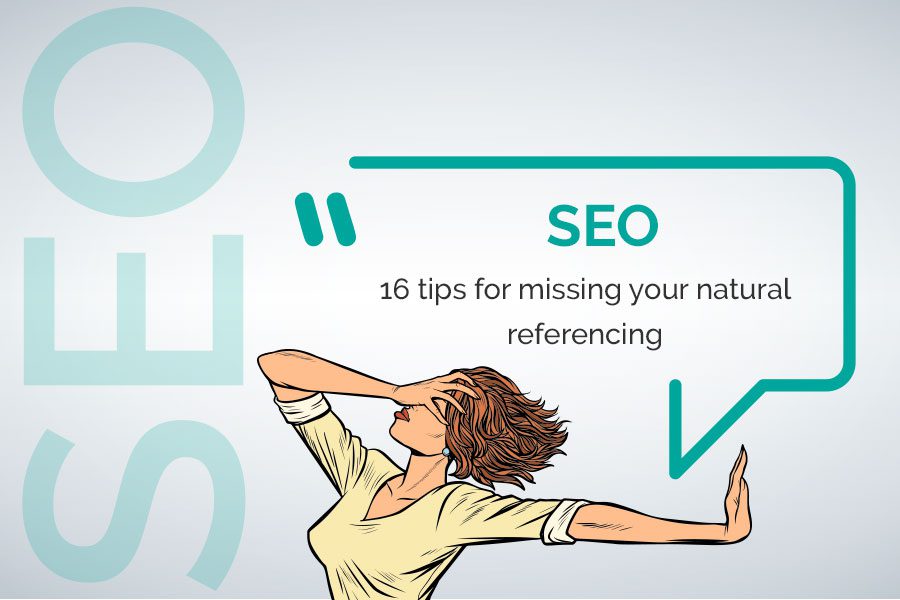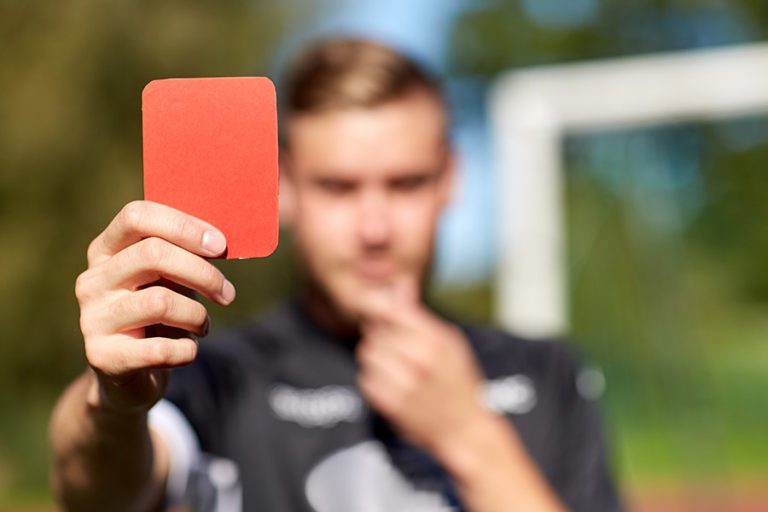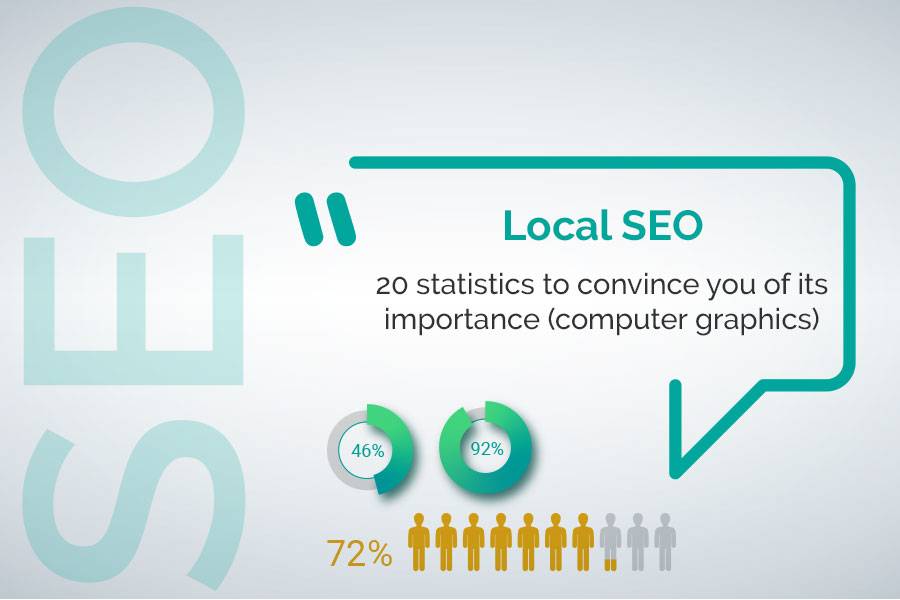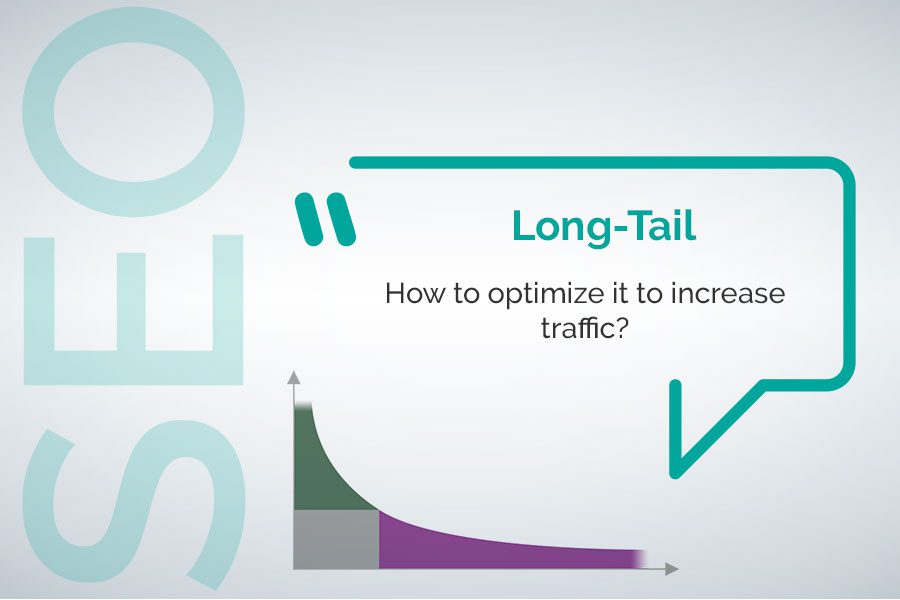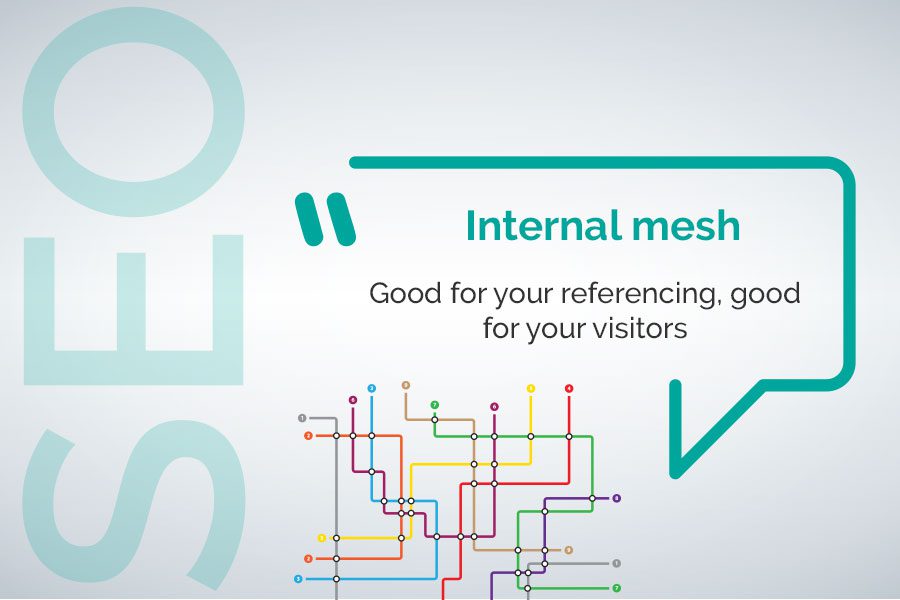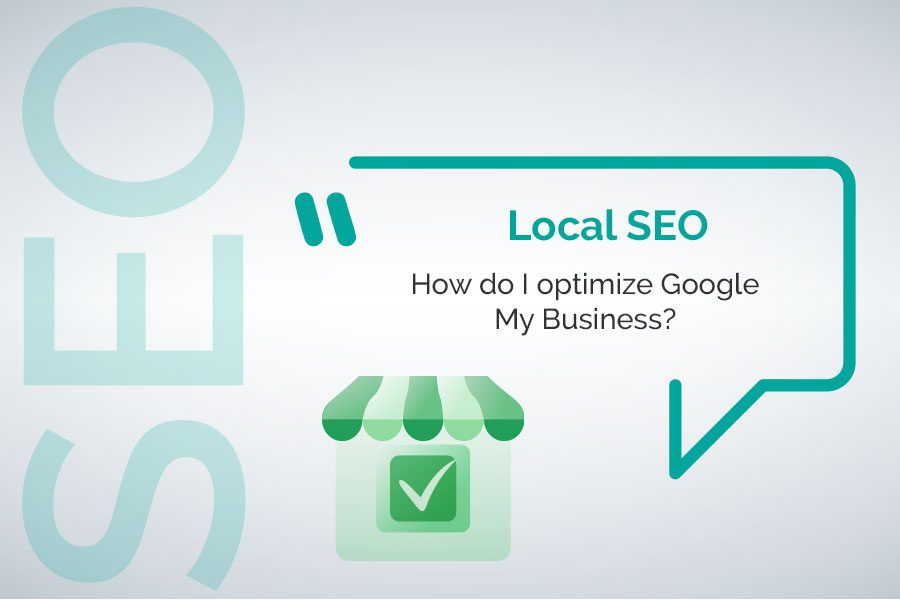2 – A lack of expertise on the subject.
One of the important criteria in Google’s eyes is called E.A.T., for Expertise, Authority, Trust. For some topics that have a strong impact on a person’s life, such as money and health, Google favors sites whose authors are references in their field.
Put yourself in the shoes of the person for whom you are writing and adapt the accuracy and density of your text according to what they expect from your site.
Let’s take the example of a company that offers river trips by Canoe Kayak.
Who will the company talk to?
- To the family man who wants to spend a few hours with his family on a small river accessible to beginners?
- For the thrill-seeker who wants to organize a sports trip down the Zambezi River during high water periods?
- To the young athlete who would like to learn a little more about this sport?
Probably all three. And that’s where the mistake is. Because by addressing the three profiles in the same article or page, the article will be considered as lacking in precision and therefore expertise. In this case, it would be better to create three distinct and well-targeted pages.
